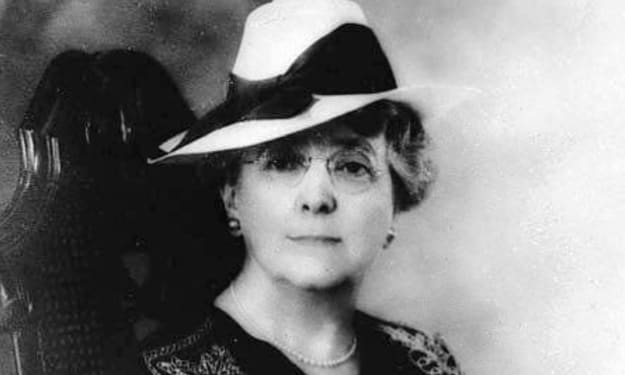A Fiction Writer's Guide to History: Part I
Fast facts on events, culture, politics, art, architecture, literature, and more!

Every story needs a setting. Whether your novel is set in the present day or in some made-up world, you need to choose a time and place for it to take place. If you're writing historical fiction, you'll need to be even more specific. You'll need to know not just what year it is, but what year it is relative to our own timeline. Every period has its own unique set of events, politics, cultural attitudes, and technological advances that will affect your story.
Please note that due to space constraints, most of the historical events listed are Western-hemisphere-centered and each time frame could be many articles or books on its own. In this series of articles, I will provide an overview of the most major historical periods and discuss some of the most important aspects that you should know. So let's get started!
If you want to read all the history series in one place, you can find all nine episodes available now on Kindle Vella!
The Paleolithic Era (c. 200,000 - c. 12,000 BC)
Also known as the Stone Age, the Paleolithic Era is the earliest period in human history. This era is marked by the use of stone tools and covers a time span of over two million years. Some of the most important events during this period include:
- The development of stone tools including knives, spears, and axes
- The evolution of early humans such as Homo habilis and Neanderthals
- The migration of humans out of Africa and into other parts of the world
- The rise of civilizations such as ancient Egypt and China
The Paleolithic Era was also a time when humans first started developing language and culture. One of the most popular books set in this era is Jean Auel's Clan of the Cave Bear. This book follows Ayla, a Cro-Magnon girl who is orphaned and taken in by Neanderthals.
The Neolithic Era (c. 12,000 - c. 4000 BC)
The Neolithic Era is the next period in human history and it's marked by the development of agriculture and permanent settlements. This era covers a time span of about 8000 years and some of the most important events include:
- The development of agriculture and animal husbandry
- The invention of pottery, weaving, and metalworking
- The rise of civilizations such as ancient Sumer, Babylon, and China
The Neolithic Era is also known as the New Stone Age. There are many novels set in this era that have been written by authors such as Jean M. Auel, Margaret Atwood, and Cormac McCarthy.
The Bronze Age (c. 4000 - c. 1200 BC)
The Bronze Age is the third period in human history and it's marked by the use of bronze tools and weapons. The Bronze Age is subdivided into three periods: Early Bronze Age, Middle Bronze Age, and Late Bronze Age. This era covers a time span of about 4000 years and some of the most important events include:
- The development of bronze tools and weapons
- The rise of civilizations such as ancient Greece, Rome, and China
- The invention of the alphabet, arithmetic, and geometry
Some novels set in the Bronze Age include:
- The Epic of Gilgamesh (written about 2100 BC)
- The Iliad (written about 700 BC)
- The Odyssey (written around 800 BC)
The Iron Age (c. 1200 - c. 300 BC)
The Iron Age is the fourth period in human history and it's marked by the use of iron tools and weapons. This era covers a time span of about 1000 years and some of the most important events include:
Some novels set in the Iron Age are:
- Beowulf by an anonymous Anglo Saxon poet
- The Horse Lords by S.M. Stirling
- The Bronze Horseman by Paullina Simons
- The Lord of Light by Roger Zelazny
About the Creator
Carla Paton
Writer, Poet, Rancher, Ph.D. ABD, MA, MASCIS






Comments
There are no comments for this story
Be the first to respond and start the conversation.